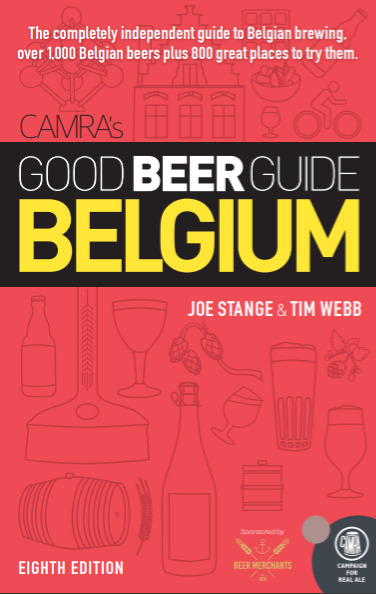From dessert beer to bottled methanol... A few pages from yesterday's and today's La Nación offer an interesting glimpse of the local drinks scene. Except for a few flourishes it probably represents a snapshot of the wider Central American scene as well.
So: Yesterday's paper brings the obligatory ad-filled section of Valentine's Day gift ideas. Suggestions include a bottle of Johnnie Walker Blue Label with matching leather carry-on bag for about US$315; several different wines, Old World and New, ranging from $5 to $28 a bottle; and 375 foil-wrapped milliliters of Lindemans Kriek for about $6.50. (The caption says "cerveza belga con sabor a cereza" -- Belgian beer with cherry flavor. Surprisingly accurate if we pretend that it tastes like actual cherries.)
Now, before I tell you about today's news, I ask a question: What do you suppose your typical working tico likes to drink?
It's clearly not $300 bottles of Scotch nor bottled Belgian cherry candy. It's not wine, which is still working to gain a foothold among the middle classes and can forget about the working stiffs.
What's your guess then? Cheap lager? Wrong! Because the cheap lager here is actually not cheap at all. A can of adjunct-laden Imperial in your typical supermarket or pulpería costs the princely sum of $1 or more. In fact $1.50 is not uncommon, which puts a six-pack in the neighborhood of $9.
Now, what sort of sixer can you get for nine bones in your neighborhood? Do you see any blue-collar types drinking that stuff? Now for today's news: Government-backed mobile labs found, analyzed and confiscated 6,000 liters of adulterated hard alcohol from various small shops in the past 15 days. According to these officials, some of this booze had more than 13 times the legally permitted amount of methanol in them (3.3 ml instead of 0.25 ml). That would make them even more poisonous than usual. Others had less than two-thirds the correct amount of alcohol (20% instead of 35%), which might mean that some sneaky dilution is going on.
Now for today's news: Government-backed mobile labs found, analyzed and confiscated 6,000 liters of adulterated hard alcohol from various small shops in the past 15 days. According to these officials, some of this booze had more than 13 times the legally permitted amount of methanol in them (3.3 ml instead of 0.25 ml). That would make them even more poisonous than usual. Others had less than two-thirds the correct amount of alcohol (20% instead of 35%), which might mean that some sneaky dilution is going on.
But a lot of this stuff is clandestino or contrabanda. Where I'm from it's called moonshine, and in Costa Rica it goes for a $1 or $1.25 for 365 ml--cheap and efficient, no?--which is exactly why it's been gaining traction.* Even the cheapest stuff from the national liquor factory (Fanal) is only about three times that cost, about $3 a bottle. It's still very cheap compared to beer, but choosing the poisonous homemade vodka means two more bucks that can buy beans and rice for the family.
More to the point: When the market is loaded with cheap vodka, the overpriced lager becomes either a real splurge or a luxury for the middle and upper classes.
In Europe, North America, and some other parts of the world, beer is a democratic drink for everyone. That may not be the case in Central America. We'd do well to bear these realities in mind while waiting for better beer to gain popularity in certain parts of the world.
*Pictured is the backside of a label from a bottle of Cacique Guaro, made by Fanal. It says "Consume legitimate product. Destroy this label after drinking." A humble request from a national monopoly that knows its bottles are being refilled with contrabanda and re-sold.
Wednesday, February 9, 2011
Today's Tico Booze News Update.
Subscribe to:
Post Comments (Atom)






No comments:
Post a Comment